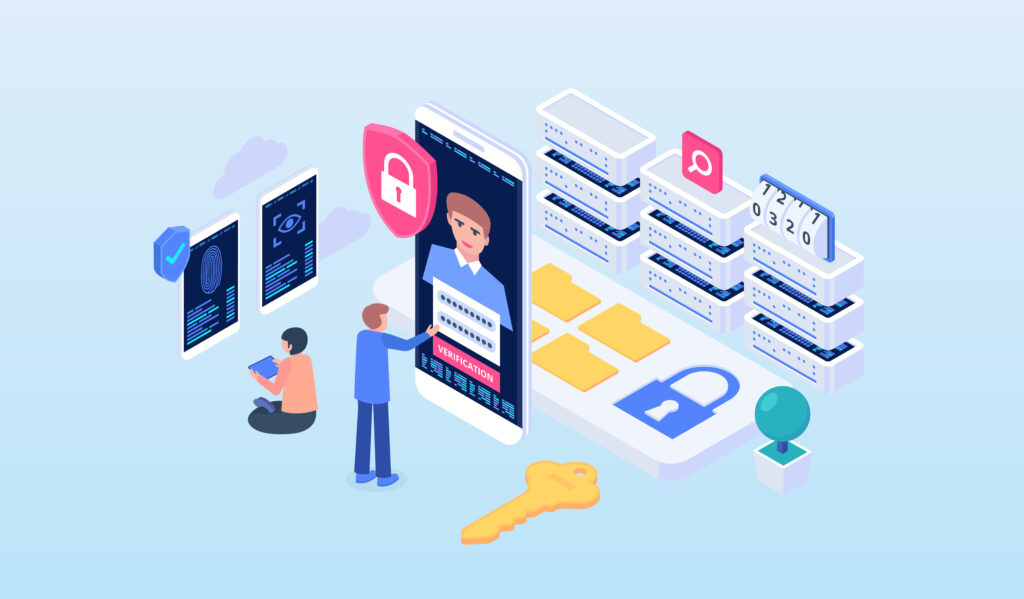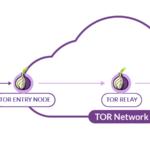In today’s digital age, online privacy and data security are more important than ever before. With an increasing number of people spending more time online, there are more opportunities for hackers, cybercriminals, and other attackers to steal personal information, commit fraud and other online crimes.
Digital privacy refers to the right to control the use and distribution of personal information on the internet. In contrast, digital security refers to taking measures and precautions to prevent unauthorized access, theft, or misuse of data.
Why is Digital Privacy and Security Important?
Without digital privacy and security, the risk of data breaches and cyber theft increases dramatically. This can leave individuals vulnerable to having their personal information exposed, potentially leading to identity theft, financial loss, and reputational damage.
Hackers and other attackers can exploit vulnerabilities in online security systems to gain unauthorized access to user data, as well as use social engineering tactics to trick individuals into revealing sensitive information such as passwords, usernames, and credit card details.
Threats to Digital Privacy and Security
The digital landscape is rife with threats to privacy and security. Here are some of the most common threats:
Malware attacks
Malware refers to malicious software that is designed to gain unauthorized access to a device and exploit personal and confidential information.
Social Engineering
Social engineering is a tactic used by attackers to trick individuals into revealing sensitive information or downloading malicious software by posing as legitimate contacts, businesses or institutions.
Phishing Scams
Phishing is a form of social engineering that uses fraudulent emails, text messages, or phone calls to trick people into disclosing personal information.
Unsecured Wi-Fi
Unsecured Wi-Fi networks can allow for unauthorized access to data and devices, potentially leading to data breaches and identity theft.
Ransomware
Ransomware is a type of malware that encrypts the contents of a device and demands payment in exchange for the release of the data.
How to Protect Your Digital Privacy and Security?
The following are some best practices to help protect your digital privacy and security:
Use strong passwords and change them regularly
Ensure that your passwords are complex and not easy to guess. Use a mix of letters, numbers, and symbols, and avoid using personal information like your name or date of birth. Changing them regularly can help combat hackers that are trying to access your sensitive information.
Keep Software up to Date
Keeping your software up-to-date is an important element to digital security. It ensures that you have the latest patches and updates, helping to minimize the risk of cyberattacks.
Use Anti-Virus Software
Anti-virus software helps to prevent the spread of malicious software to your device. Make sure that your anti-virus software is up to date and frequently checked for updates.
Protect Your Personal Information
Be cautious about sharing personal information online or through email. Don’t share any financial or personal information in public Wi-Fi areas.
Use A VPN
Virtual Private Networks (VPNs) are essential tools for online privacy and security. VPNs ensure that your online activity is encrypted and protected from prying eyes, which is essential when browsing, streaming and shopping online.
Conclusion
Protecting your digital privacy and security online is vital in today’s world. By following best practices like using strong passwords, anti-virus software, and VPNs, it is possible to take steps to minimize your risk of cyberattacks. It is also advisable to stay informed of emerging threats and ongoing best practices to ensure your digital privacy and security remain a top priority.
For further information and resources on digital privacy and security, you can refer to the following topical authorities:







